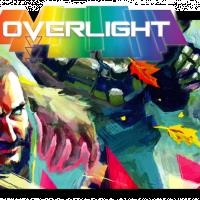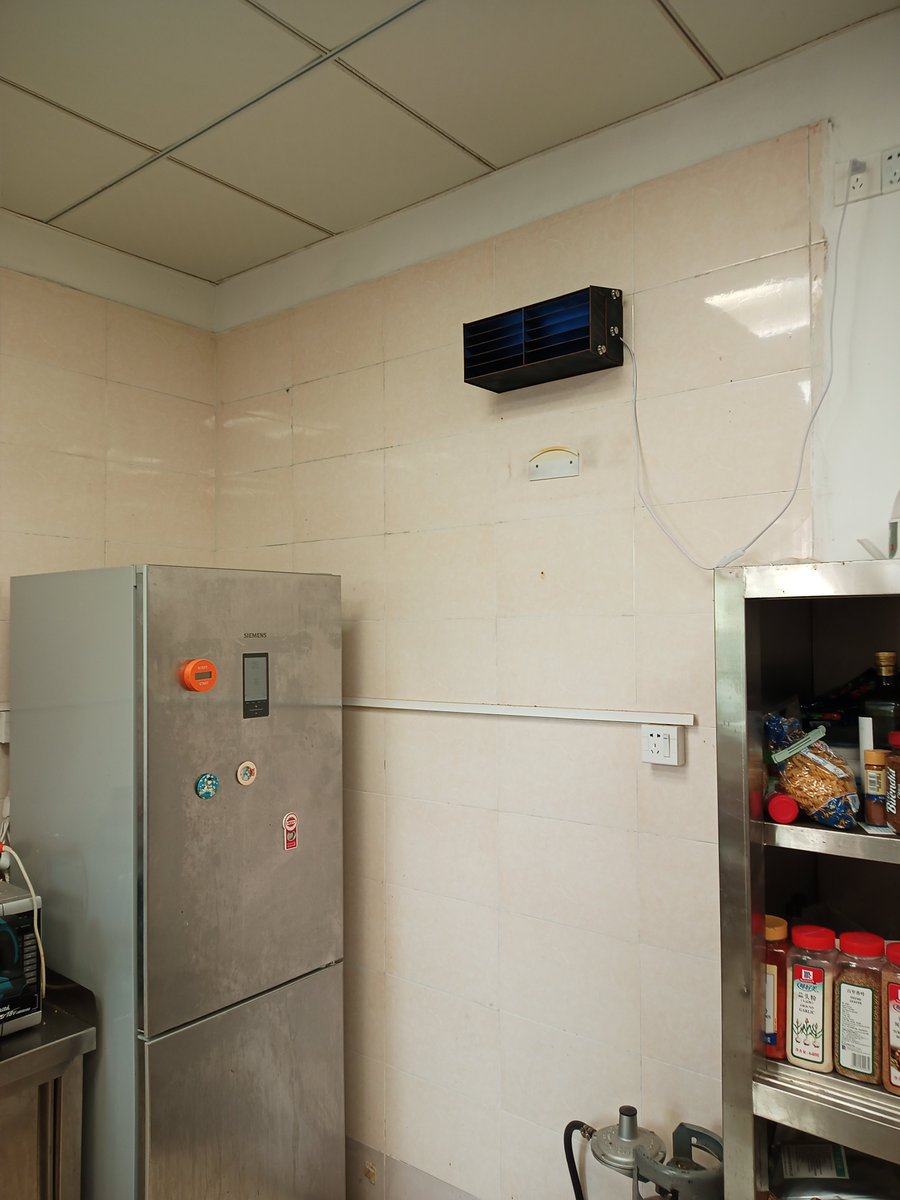
Talk to people around the store and get to know people. When you’ve got a list of local gaming stores, you can walk in or make a call. My region of the country is fairly sparse, too.

#Kickstarter alternatives plus
Chattanooga itself, Nashville, Atlanta, Knoxville, plus a bunch of other smaller towns and cities of regional importance that have around 100,000 residents. (Can you tell I wrote that paragraph before COVID? The vast majority of business is still done offline, but obviously, follow the safety guidelines!)įrom where I live in Chattanooga, there are a number of metropolitan and micropolitan regions that almost certainly have one or more game stores or comic shops. An entrepreneur could create a board game and sell a few dozen copies to all the gaming stores within a 200 mile radius. Turns out those friendly local gaming stores are not simply cool places to hang out, drink coffee, and play board games. It doesn’t feel that way, but it’s the truth. The vast majority of business is done offline. Alternative 3: Focus on Local Distribution This is how web-based businesses sold products and services prior to the advent of crowdfunding sites such as Kickstarter.

If you do this, you can sell directly to your list through a traditional online product launch. Namely, you can build up a great email list with thousands of people on it. Though this is expensive, risky, and out-of-reach for many people, it gives you the certainty that your game will exist as a printed, published game.ĭuring the development of the game, you can follow many of the same ideas I’ve expressed in A Crash Course in Board Game Marketing & Promotion. Instead of going to Kickstarter for funds, you get the art, manufacturing, and other setup bills paid by your own equity and/or a traditional bank loan. You’re striking it out on your own and you’re going to self-publish. Let’s suppose you’ve written off going through a publisher as an option. Alternative 2: Traditional Online Product Launch In fact, going through a publisher might even be more friendly to new designers.

As far as the expenses that come with getting a game started, namely art and prototyping, there is a good chance the publisher will take care of that for you. If the publisher sells 10 times what you would have sold and you walk away with a fifth of the profit per game that you would have going solo, you’re twice as well off when it’s all said and done. On top of freeing up your time, you might very well end up making more money in the long run. A publishing company would take care of some or all of that for you, freeing up a lot of your bandwidth and allowing you to focus on other games. It is hard work to develop a board game and a lot of this hard work has to do with marketing, promotion, bookkeeping, manufacturing, and sales. Well, at least it looks that way at a distance, and that’s enough to get naive game designers in the door. As I discussed in Choose Your Own Adventure: Self-Publish or Not, sometimes its best to give up creative control and call in the cavalry. Join my community of over 2,000 game developers, artists, and passionate creators.


 0 kommentar(er)
0 kommentar(er)
